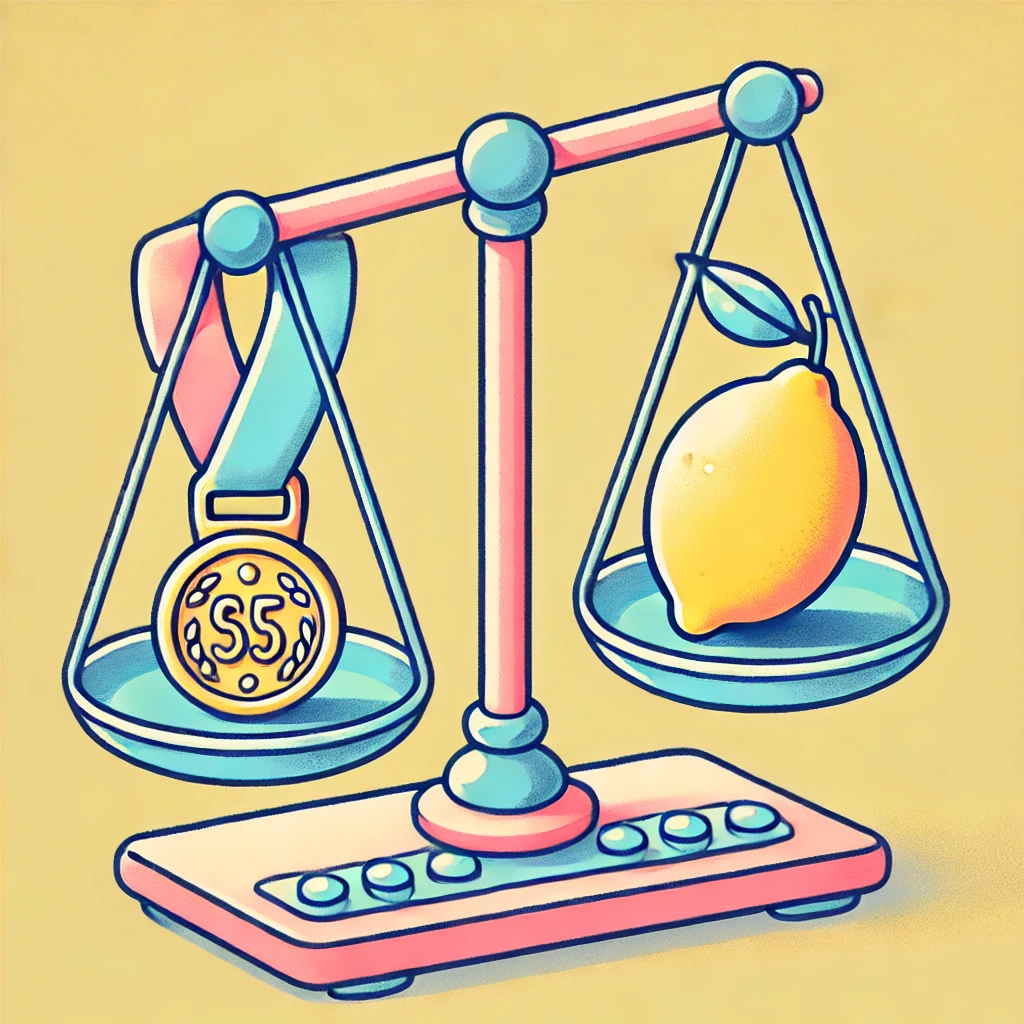In Australia, the Order of Australia is one of the highest recognitions for outstanding service and achievement. However, a recent decision regarding Mike Pezzullo, the former Home Affairs Department Secretary, raises a question about how consistently these honors are applied. Pezzullo had his Order of Australia (AO) revoked after being sacked from his role following the leak of political text messages with Liberal Party powerbroker Scott Briggs. The Council of the Order of Australia advised the Governor-General to strip him of his honor, marking a significant consequence of his actions.
Yet, when we compare Pezzullo’s fate to other figures who have faced equally, if not more, serious public controversies, the picture becomes murky. A prominent example is former Victorian Premier Dan Andrews. Despite overseeing a disastrous Covid quarantine program in 2020, Andrews has retained not just any award, but a higher honor—the Companion of the Order of Australia (AC)—for “eminent service to the people and Parliament of Victoria, to public health, to policy and regulatory reform, and to infrastructure development.” This inconsistency begs the question: why are some figures held to different standards when it comes to retaining or losing such prestigious awards?

The Case Against Mike Pezzullo
Mike Pezzullo’s removal from his role as Home Affairs Secretary was directly tied to his breach of public service impartiality. Leaked political messages revealed his behind-the-scenes discussions with Liberal Party insiders, sparking a scandal that ultimately led to his dismissal. Soon after, his Order of Australia honor was revoked based on advice from the Council of the Order of Australia, emphasizing the seriousness with which breaches of public trust are viewed when it comes to holding prestigious awards.
In this case, Pezzullo’s political entanglements and alleged conduct were deemed incompatible with the values that the Order of Australia represents. A swift and clear decision was made: his AO would be removed, severing the recognition once bestowed upon him.
Dan Andrews and the Covid Quarantine Controversy
On the other hand, Dan Andrews, the former Premier of Victoria, presents a stark contrast. Andrews was at the helm during one of the most controversial moments in Australia’s Covid-19 response—the botched hotel quarantine program that saw virus leaks into the community, resulting in widespread infection and loss of life. During a public inquiry into the quarantine failures, Andrews claimed he could not remember key details about decision-making processes—a stance that many saw as deflecting responsibility.
Despite these significant leadership failures, Andrews continues to hold his Companion of the Order of Australia (AC)—the highest level of the Order—awarded for his “eminent service” to the state of Victoria, including public health and policy reform. There has been no move to revoke it, even though the consequences of his leadership, including the quarantine failures, were far-reaching, with devastating impacts on Victoria’s economy and health system. This discrepancy leads us to question: why hasn’t Andrews faced the same consequences as Pezzullo?
The Contradiction in Honor Revocation
The revocation of an Order of Australia should, ideally, follow a consistent standard. When one recipient is stripped of their award for conduct-related issues, it suggests a strong moral or ethical basis for such decisions. However, when others—whose actions or leadership decisions have led to severe public consequences—retain their awards, a contradiction arises.
Mike Pezzullo’s political texts undoubtedly breached the impartiality expected of his position. But when compared to Andrews’ Covid quarantine controversy, where lives were lost and the economic impact on Victoria was immense, should both not be considered equally, or at least similarly, serious breaches of public trust?
What this disparity highlights is an uncomfortable truth: the decision to revoke or retain such honors may not always be purely based on ethical standards. Political standing, public perception, and media coverage might play larger roles in determining who is stripped of recognition and who is allowed to keep it.

Other Figures and Their Honors
Pezzullo and Andrews are not the only figures whose conduct has come under scrutiny. There have been numerous public figures—business leaders, politicians, and celebrities—who have faced various scandals, from corporate mismanagement to personal controversies, but have retained their honors. The selective nature of honor revocation suggests that the process is not always based on consistent criteria but may be influenced by public or political pressures.
Double Standards in Accountability
The Mike Pezzullo case shines a spotlight on the contradictions inherent in Australia’s honor system. While one public servant can be stripped of their award for engaging in political discourse, another can oversee a public health catastrophe with little to no personal consequence. The disparity in how these cases are handled raises important questions about the equity and transparency of Australia’s system for recognizing (and sometimes revoking) honors.
Ultimately, this inconsistency undermines the very prestige that the Order of Australia is supposed to represent. The lack of transparency in how these decisions are made, and the apparent double standards in accountability, suggest a system in need of reform. Should there be clearer, more consistent guidelines for when an honor is revoked? Should the public be more involved in these decisions? And, most importantly, how do we ensure that honors remain symbols of true merit, rather than political convenience?
A Call for Transparency
In a society that values fairness and integrity, it is essential that honors like the Order of Australia are both awarded and revoked based on clear, consistent, and transparent criteria. As we reflect on the cases of Pezzullo and Andrews, it’s time to ask whether the current process for revoking honors serves the public’s interest, or if it simply reinforces the unequal application of consequences based on who holds power at any given time.
If Mike Pezzullo can lose his honor for inappropriate political discussions, then should not others, who have overseen far greater public harm, face the same consequences? It’s time for a rethink—a contradiction too obvious to ignore.